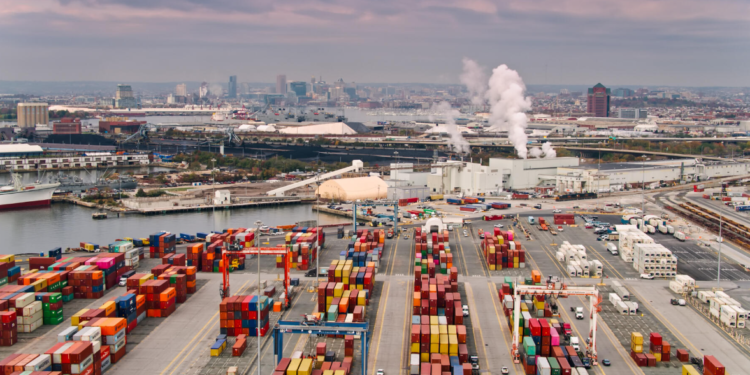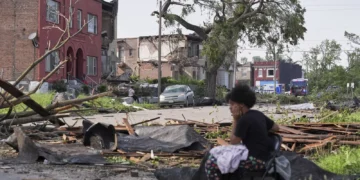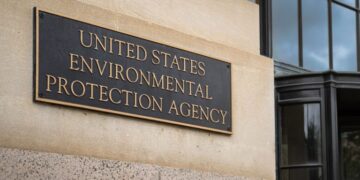March 10, 2025 Story by: Editor
A significant portion of Baltimore City and County residents are increasingly worried about the personal impact of climate change, with nearly three-quarters expressing concern, according to a recent report from Johns Hopkins University’s 21st Century Cities Initiative. The report reveals that this apprehension is most pronounced among affluent Black households and the poorest white ones.
The findings challenge the common belief that climate change is primarily a concern for wealthy white individuals, the study’s authors noted.
“Our impressions are often shaped by the people who have time to turn up to meetings or those with access to media channels. They end up being the loudest voice in the room, so we assume they care the most,” said Michael Bader, the report’s lead author and an associate professor of sociology at Johns Hopkins, who also serves as the faculty director of the 21st Century Cities Initiative. “But, in our survey, everyone has an equal voice. And our data show that many preconceived notions around who cares about climate change turn out to be wrong.”
The study analyzed data from the 2023 Baltimore Area Survey, which gathered responses from 1,352 residents of Baltimore City and Baltimore County. Designed collaboratively by community leaders and Johns Hopkins researchers, the survey sought to gain deeper insights into the lived experiences of local residents. It included two questions specifically addressing climate change.
When asked whether climate change would affect them personally within the next five years, over 90% of Black households earning more than $110,000 annually expressed concern about potential harm. In contrast, 62% of white households within the same income bracket shared this concern.
Additionally, when questioned about the financial impact of preparing for climate change, about 70% of participants believed it would increase costs for individuals and businesses over the next five years.
“Climate change is a lose-lose for many Baltimoreans,” Bader said. “Either it’s going to hurt them personally, or it’s going to hurt their wallets.”
Source: HUB
















